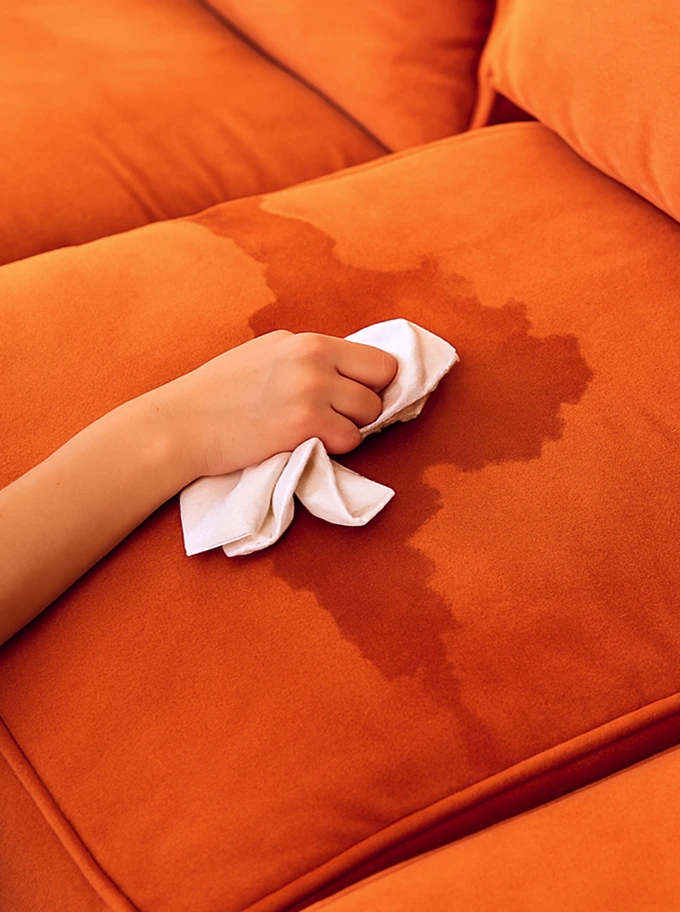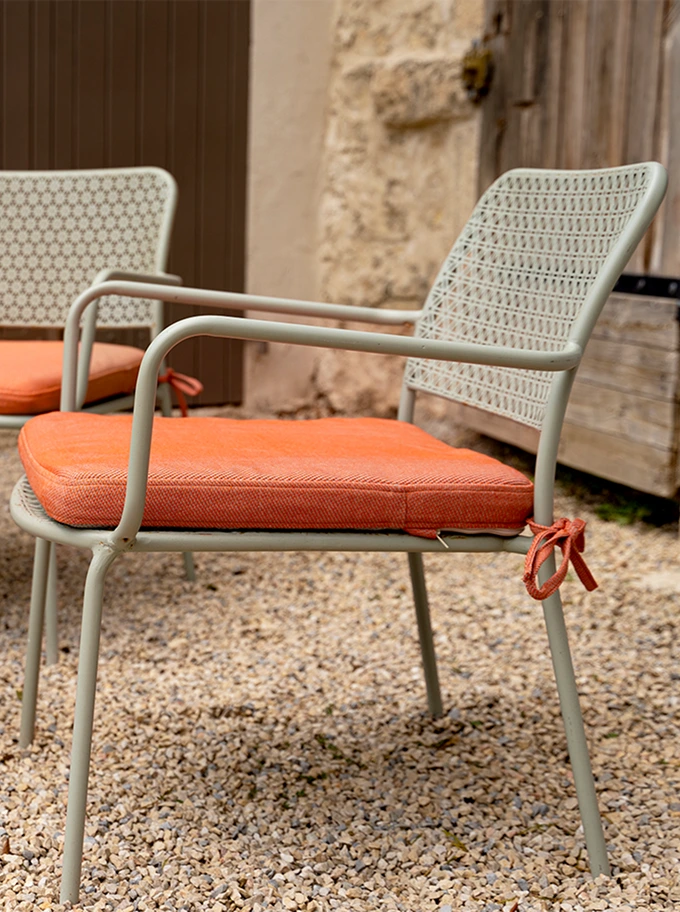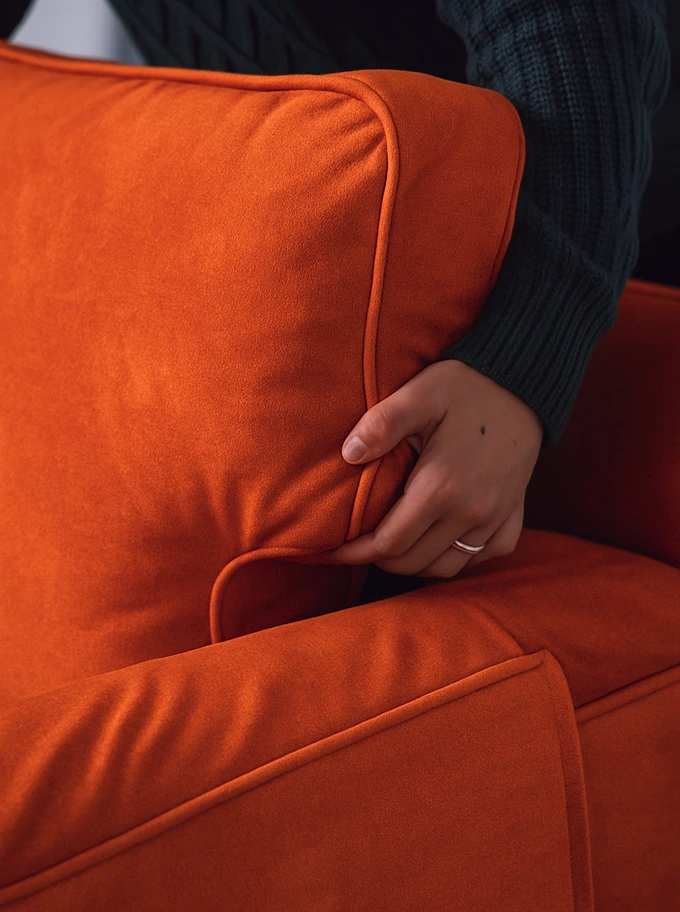
So you’ve been hearing the words nano or nanoparticle coatings lately, maybe around the cooler at work or from a friend who’s just picked up a shiny new car, and you don’t know what that means. But you do know that it’s an exceptional new protective coating that keeps literally anything clean and safe, without any more work from you.
Nano coatings are also completely safe. They contain no harmful chemicals, no volatile organic compounds, nothing that’s going to hurt you and your family.
But what are nano coatings? Well, it’s literally a very thin optically transparent plastic polymer film that coats whatever you’ve treated with it with a surface measuring literally atoms thick. Measured in nano-meters, or one billionth of a meter, nano coatings are completely invisible to look at and almost undetectable to the touch.
Each application of a nano coating lasts a long time, with products that are designed to be used with electronics lasting months, and sprays and waxes for cars lasting in the region of years
Nano coatings are also completely safe. They contain no harmful chemicals, no volatile organic compounds, nothing that’s going to hurt you and your family. Because of how they work, they’re also incredibly efficient to use, with just a few grams of protective fluid coating anywhere up to a square meter of surface.
How do nano coatings work?
When you treat something with a nano protective coating, you’re covering the surface in a tiny surface of nano-protectant that’s atoms thin. Every surface, no matter how smooth it might feel to the touch, has tiny little dents and holes in it. Even something like glass, when looked at under a microscope, has tiny little holes in the structure. These little irregularities are what let dirt and water bond to it, because they increase the surface area, and so the surface tension of whatever’s touching it. It’s like a handhold for the dirt to grab hold of.
Because nano particles are so small, they easily fit into all of these irregularities, and their structure keeps them stable, levelling out the surface and making it almost completely flat. The particular make up of these nano-particles keeps them all flat and uniform, which causes the surface to become incredibly smooth at a microscopic level.
Unable to bond with the surface, water, dirt, oils and fats just ball up and slip straight off of whatever has been treated with the nano coating, making cleaning it as simple as a quick wipe with a cloth.
It’s called the ‘lotus effect,’ and it sounds ridiculous, but this technology was first discovered when scientists looked at a bunch of flowers.
The lotus flower has a peculiar quality to its blossom which keeps the leaves absolutely clean. Dust and dirt just sit on top of the leaves, and then whenever it rains, the water beads off of it exactly like we’ve just described, keeping the lotus flower perfectly clean.
Close examination under microscopes taught us how this works, and we’ve found ways to replicate it in the lab. Now, nano coatings are available for pretty much everything that we use, from the products in and around our homes, to the clothes we wear and the cars we drive. Read on to find out how nano coatings can benefit you.
Nano coatings for the home
If there was a way to keep all the surfaces in your house glisteningly clean, shining, and protected against bacteria and other dangers with no more work than you already do, would you take it?
Of course you would. You’d have to be mad not to.
As they become cheaper and more commercially available, use of nano coatings is becoming far more widespread. You’ll find nano coating products used everywhere now, including industrial furniture factories where they treat and finish upholstery, your local butchers or supermarket, where it’s used to keep food prep areas clean, and even window cleaners!
That’s because surfaces treated with nano coatings are proof to pretty much anything. Fluids, including water, oil and fats, just bead straight off, and nano coatings are also a natural antibacterial, so whatever you treat is going to be much safer and healthier for your family to use, ideal if you’ve got new additions to the family, especially if they’re at that point where everything’s going in the mouth!
Nano coatings in the home can be used for …
- Furniture: Nano coating products can be found that cater for fabrics, so you can treat your couch, rugs, curtains, even carpets. Once treated, they’re going to shrug off liquids without absorbing anything, rebuff dirt so cleaning is a whole lot easier, and all without looking or feeling any different.
- Wood: Tables, chairs, sideboards and cabinets benefit hugely from a nano coating. If it’s regularly used, the extra level of protection will keep your furniture looking newer longer. There’s also options for older wood, to protect and enhance the finish of even the most delicate antique, protecting and bringing them back to new.
- Stone and brick work. Because nano coatings fill in microscopic holes on whatever you treat, nano coatings are ideal for exposed stone and brick work, especially on particularly porous stone, preventing water damage. Inert and breathable, nano coatings are safe to use on any building quality stone, including marble, so don’t worry about damage. Most nano coatings are also chemically resistant, so if you’re worried about acid wear from rain or exhaust run-off, a nano coating will keep it safe.
- Windows: The same properties that make nano coatings ideal for protecting the paintwork of a car make them fantastic at keeping windows clean and sparkling. One treatment on a set of windows keeps them protected for up to six months, makes them much easier to clean, and causes fingermarks and other dirt to just wipe off with water.
- Kitchen surfaces: As an antibacterial and surface protectant, nano coatings are ideal to treat kitchen sideboards with. In fact, they’re so good at this job that some of them are used in industrial food production.
Whether you need it for indoors or out, nano coatings can keep your home clean, safe and protected for months at a time.
Credits: https://nanocareproducts.com/about-nano-coating/















Jenna
Dec 1, 2021Hey Alejo,
Are you using nano coating yourself on any surfaces around the house or on your car? I always though nano coating is made for cars only, but because of your post I became really interested in this topic! You mentioned, that you can apply nano coating also on kitchen surfaces. That is awesome. I am really thinking about getting the coating, as I have two toddlers and they LOVE eating (and even licking) the counter… I think the coating would definitely make my life so much easier. Can you recommend any brand? I heard from Nano Care but I dont have any experience regarding nano coating. Would be great if you could help me out :)
Naomi
Dec 3, 2021Hi Jenna! Thanks for asking.
Nano Coating is basically an extremely thin layer of microscopic particles is used to fill up every pore of a materials surface. There are MANY brands and services that offer nano coating as it can be used for just so many things in general. While it is most commonly known to be used for protecting cars, it is also used in the textile industry to make things waterproof. (Similar to Scotchgard – although that isn’t EXACTLY nano-coating technology)
If you’re thinking of protecting your kitchen counters, you might be looking for something stronger than a coating, as coatings do wear off (they don’t last forever). There are companies that offer protection films for household items as well as vehicles. If you’re interested to learn more, a good example would be StoneGuard® Stone Protection Film (manufactured by Prestige Film Technologies).
As for our Performance Weave fabric, the nano-coating on it maintains its efficiency consistently for up to 5 machine-wash cycles before it starts declining. We recommend spot-cleaning whenever a spill happens (not that it would require much cleanup!).
Get some samples to test them out, if you wish!
Hope this helps :)